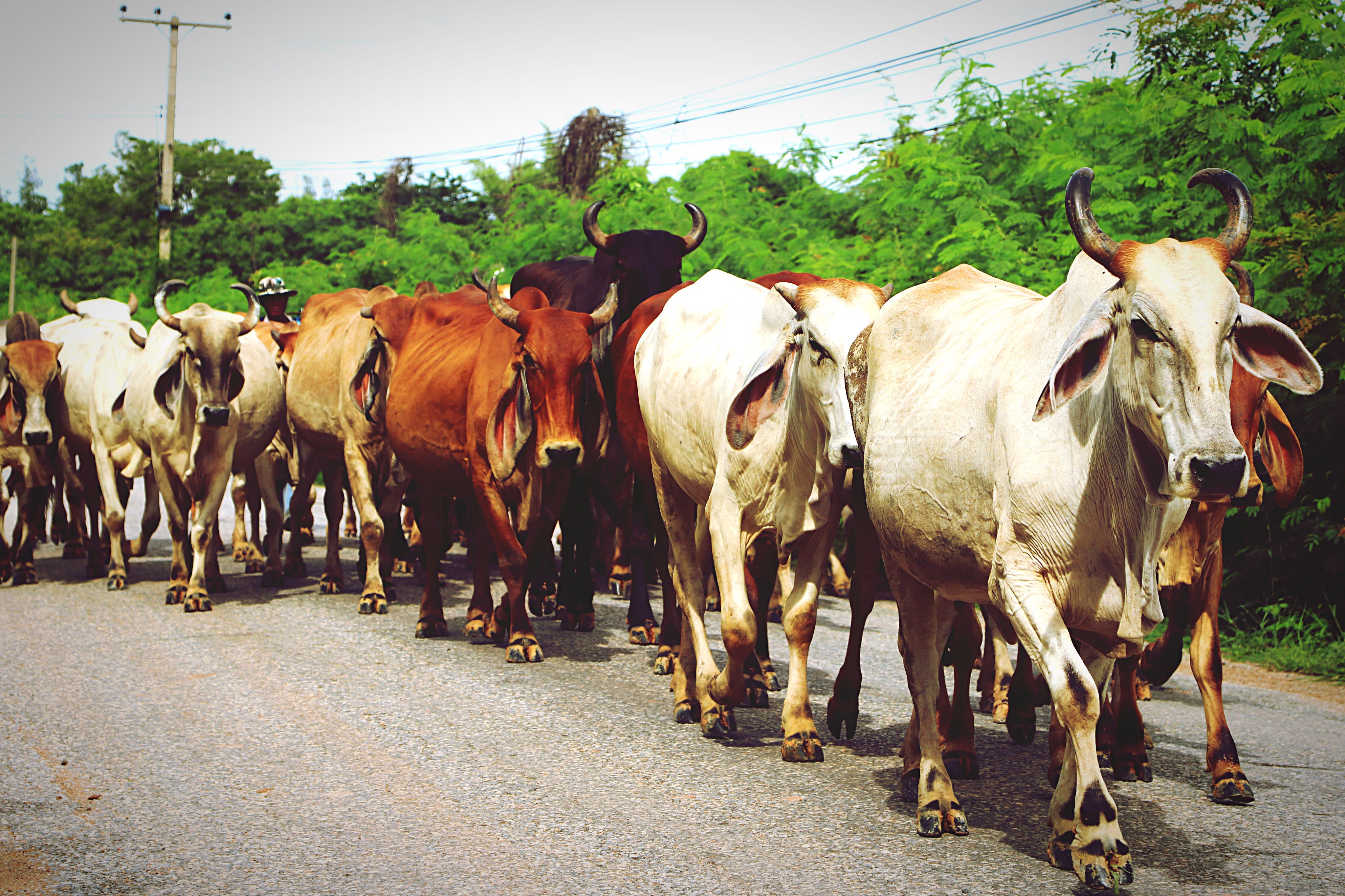Market Structure in Commodity Trading
When you seek a new product, you would likely visit a physical store or shop online. Likewise, commodity trading extends beyond just physical markets. Here, we'll explore different market structures, such as spot markets, forward trading, and futures trading, to understand the market structures in commodity trading.
Types of Market
Spot Markets
In these markets, commodities are exchanged for immediate delivery. Buyers and sellers agree on a price, and the transaction is completed almost instantly. Spot markets represent the current market value of a commodity and can be described as "cash and carry." For buyers, this means purchasing directly from the market. On the supply side, it involves delivering products to buyers (off-takers) right away. This market is our regular market like Dawanau in Kano Nigeria, Ketu, Lagos and numerous others big produce market across the country.
Forward Trading
A forward contract is a tailored agreement between two parties to buy or sell an asset at a predetermined price in the future. In forward trading, most deals end with the physical delivery of the commodities. Forwards are non-standard over-the-counter contracts, drawn between parties to buy or sell an asset on a future date at a predetermined price. In this type of contract, you can only know the profit and loss accrued at the settlement date. You can trade a Forward Contract in different over-the-counter derivatives such as stocks, commodities, currencies, and more. These contracts can be traded over the counter and not on the exchange.
For instance, consider an agricultural supplier in Nigeria planning to sell 1,000 barrels of white sugar in six months, valued at $10,000. Concerned about potential weather issues affecting supply and demand, the supplier opts for a forward contract. This agreement allows them to lock in the current price of $10,000 for the 1,000 barrels. Thus, a fixed sale price regardless of future market fluctuations.
Futures Trading
Similar to a Forward contract, this happens on exchanges. Here, traders agree to buy or sell commodities at a predetermined price on a future date. The structure allows for price speculation and risk management, as it also locks in prices regardless of future market fluctuations. However, the market itself is considered a derivative market because it mainly trades contracts based on future values, not physical goods.
Soft commodity futures, also known as futures contracts, are standardized agreements that specify the quantity and price of a particular soft commodity, such as coffee, cocoa, or sugar, to be delivered at a predetermined future date. These contracts are traded on commodity exchanges, like the Intercontinental Exchange (ICE) or the Chicago Mercantile Exchange (CME), and are legally binding, meaning that the buyer and seller are obligated to fulfil their obligations under the contract. This means that the buyer must purchase, and the seller must deliver, the specified soft commodity at the agreed-upon price on the designated future date, ensuring a secure and predictable transaction for both parties. Hence, lower risk of default, unlike the forward trading market.
What is a Commodity Exchange?
A commodity exchange is a structured platform where buyers and sellers trade commodities, both physical (like agricultural products) and financial (such as futures contracts). Trades on an exchange are conducted using methods like call-over, pit trading, or automation, similar to how transactions are matched on a stock exchange.
The Difference Between Stock Market and Commodity Market
The stock market allows you to invest in company shares, which represent ownership in those companies. In contrast, the commodity market focuses on trading raw materials and products, such as agricultural goods, metals, and oil. Stocks are investments in businesses, while commodities are tangible goods.
Organised platforms like the Nigerian Commodity Exchange (NCX) and AFEX provide a regulated environment where such commodities are traded.
How Vestance Can Support Your Commodity Trading Journey
Commodity trading can be complex if you lack expert guidance and detailed market insights. At Vestance, here is how we simplify your trading journey:
Immense Coverage Across Markets
Effortlessly access a broad network of interconnected markets. Vestance provides comprehensive support to help you navigate these complex trading environments with confidence. With thoroughly back-tested trade data that aligns with official sources, you can make informed decisions in a fast-paced market.
Stay Ahead with Research Updates
Topping market coverage, Vestance offers actionable price forecasts on a monthly and yearly basis that cover various commodity contracts. These forecasts provide the insight needed to develop robust strategies and maintain a competitive edge in the global market.
Export Guidance and Advisory Services
Entering new markets requires more than just knowledge; it demands strategic guidance. Through our export guidance and advisory services, you can navigate the complexities of international trade. Plus, your business will be well-prepared to expand its reach and capitalise on new opportunities.
Market Linkage and Brokerage Services
Through our comprehensive market linkage and brokerage services, you can establish valuable connections that align with your trading goals and plans. Talk to our team today by sending an email to business@vestanceng.com
About Vestance
At Vestance, we provide clear, data-driven insights and advisory to help investors make smart decisions in the agricultural space. Using both past and current market data, Vestance helps stakeholders in the agri-food supply chain to act based on reliable market trends and information.



